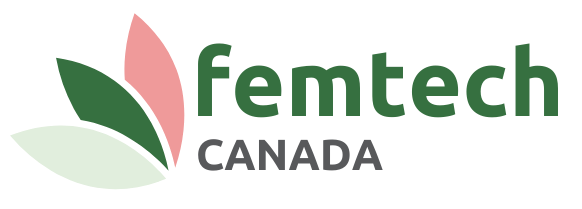A boom in technology for women is good for everyone.
In 2014, Apple released its first Health app to much fanfare. It was designed to help people monitor things like weight, height, and sodium intake: “all of your metrics that you’re most interested in,” Apple exec Craig Federighi told The Verge at the time. And yet one basic metric that billions of people monitor regularly wasn’t included: periods.
The brand introduced menstrual tracking the following year, and its latest watch launch includes souped-up features like a temperature sensor that can help monitor ovulation. Period tracking has also been criticized recently, thanks to concerns about privacy following Roe vs. Wade. But the initial omission came as no surprise to many people who menstruate—and those who are trying to develop products that address their needs.
“It’s 50 per cent of the population, and yet again and again and again I speak to investors who say my company’s specialism is niche,” says Rachel Bartholomew, founder of Hyivy Health, which makes a device to improve pelvic-floor health. She’s also the founder of Femtech Canada. “There’s historically been no focus on women’s health. Our seatbelts are tested on men, our heart attack symptoms are defined by how they present in men. There’s a lack of funding, research capabilities, and resources in companies, and not enough people thinking through the lens of women.” Her own product is a perfect example of this. She says even doctors often don’t understand the nuances of pelvic health and will recommend Kegel exercises when in certain situations they could do more harm than good.
Read the original article.

